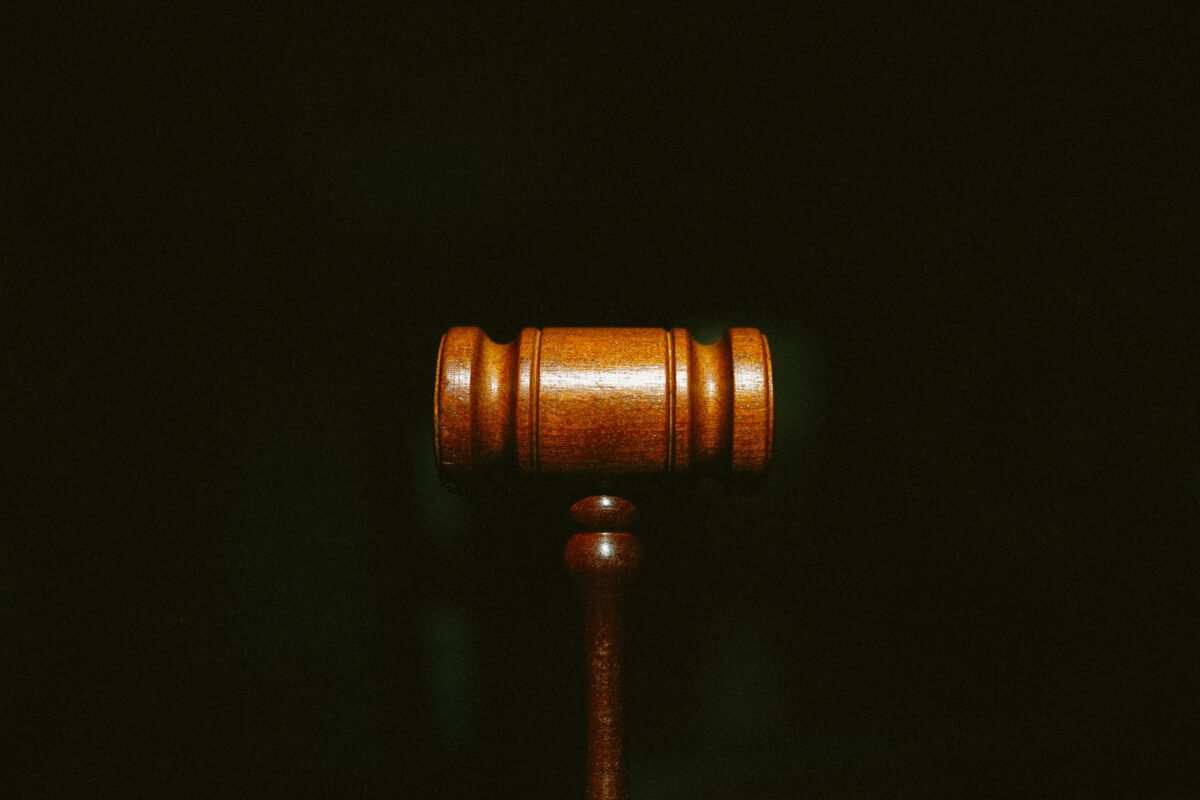Last month’s revelation that counsel for Chicago police officers accused of torture have asked the court to gut a torture inquiry commission on constitutional grounds provides new ammunition for an old stereotype about us lawyers. Leave it to the attorneys to make simple things complicated by arguing about them.
The legal issues here are straightforward. Contrary to detractors’ claims, the torture commission does not violate any constitutional provision. The commission is a step toward addressing a constitutional crisis that the Chicago Police Department created through a horrific campaign of violence against Black and Brown Chicagoans. Far from a constitutional problem, the commission is part of the necessary response to a shameful, racist, and flagrantly unconstitutional pattern of torture.
The Illinois General Assembly established the torture commission, officially called the Torture Inquiry and Relief Commission, in 2009 to investigate claims of torture by Chicago police officers that may entitle incarcerated survivors to a new trial. While Jon Burge bears particular notoriety as a ringleader and instigator, the pattern of using physical abuse to extract false confessions ran deep through the Chicago police department and continued well beyond Burge’s 1993 termination.
Neutering the torture commission’s power to send cases for further inquiry at a judicial hearing would leave innocent torture survivors locked up in prison. It would deepen a sense of impunity among officers. And it would weaken constitutional protections by curtailing an important mechanism for justice.
It is police torture—and not the commission examining it—that violated the state and federal constitutions. Police officers who practiced physical abuse directly violated the right against self-incrimination, which bans coercion as a means of eliciting confessions.
The Eighth Amendment itself, which prohibits “cruel and unusual punishment,” was adopted by Congress and ratified by the states in 1791 in large part to prohibit torture. In supporting the Eighth Amendment, Founding-era leader Patrick Henry railed against “the practice of France, Spain, and Germany of torturing, to extort a confession of the crime.” Centuries later, police officers brought that same abhorrent practice to Chicago.
The extraction of false confessions through torture has also contributed to another constitutional travesty in Chicago: it has helped to make us the wrongful conviction capital of the United States. According to the National Registry of Exonerations, Illinois has the shameful distinction of ranking first in the entire nation for wrongful convictions. Since 1989, incarceration in the aggregate has robbed innocent Illinoisians of nearly 4,000 years of their liberty.
The commission cannot give lost years back to torture survivors, cannot undo their pain and trauma, cannot restore an incarcerated person’s chance to raise a child who grew up without them, and cannot fix the harm done to families and communities by locking away parents and children. It is, however, a step in the right direction. It exists not to create a constitutional violation but to provide a remedy, however belated and imperfect, for those physically abused by the police who are still languishing in prison.
The law creating the Torture Inquiry and Relief Commission enables it to send cases to state courts for hearings if the commission finds that an individual’s allegations of torture are sufficiently credible to warrant further review. Detractors contend that this system violates the separation of powers by giving too much power to the commission at the expense of the judiciary. They claim that the commission should not have the power to make a finding that requires a court to hold a hearing. That argument is dead wrong.
To be sure, the separation of powers, which divides governmental power across the executive, judicial, and legislative branches, is a defining feature of both the U.S. Constitution and the Illinois Constitution. The separation of powers closely intersects with the doctrine of checks and balances, which avoids the concentration of power in any one official or branch of government by ensuring that different components of government operate as checks on each other.
The torture commission, however, is entirely consistent with the separation of powers. Rather than undermining checks and balances, the interaction between the commission and the judicial branch exemplifies how these principles work in practice.
More specifically, a commission finding that an individual has made credible allegations of torture requires only a judicial hearing. The commission has no power to throw out an individual’s conviction or order a new trial. That power remains with the court. The court conducts a hearing with evidence and witnesses to determine whether, for example, the torture claimant is entitled to a new criminal trial in which the jury is not allowed to hear statements extracted through physical coercion.
Let’s be clear. The torture commission has acted lawfully to uphold constitutional rights. It is Chicago’s police officers who have broken the law and trampled on those rights.
David M. Shapiro recently became Executive Director of the Chicago Lawyers’ Committee for Civil Rights, an organization which has fought for a broad range of civil rights in its 50+ year history. Shapiro has represented numerous survivors of police torture and coercive interrogation.




Very important article! It’s a horrible sign of where we’re at in the backlash cycle that police and their lawyers feel confident enough to make this argument. Hopefully it gets shut down soon and the TIRC can be adequately staffed and funded so that all torture survivors can be freed.